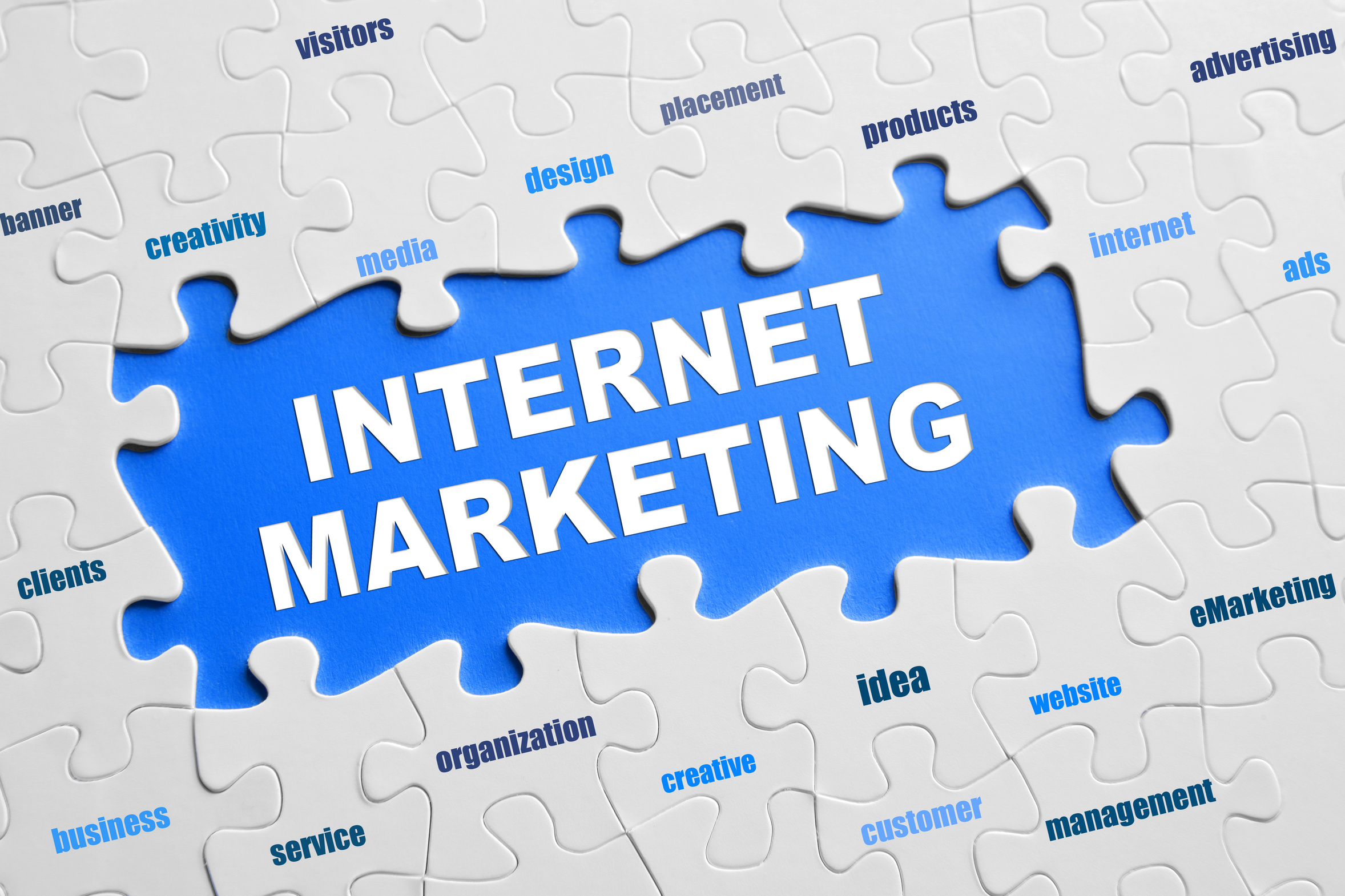Concept of electronic commerce:

Demand enhancement processes for such goods, services and information,
As e-commerce offers online sales and customer support operations. E-commerce can be likened to an electronic marketplace where sellers (suppliers, companies, shops), brokers and buyers, where products and services are offered in virtual or digital format, are paid electronically.
E-commerce activities can be divided into two main parts:
Business-to-Consumer (B2C), which represents trade between companies on the one hand and individual customers on the other.
Business-to-business e-commerce, referred to as the B2B symbol, represents e-commerce between one company and another.
E-commerce offers many advantages that companies can benefit from, such as:
More effective marketing, and more profits: The adoption of companies on the Internet in marketing, allows them to display their products and services in different parts of the world without interruption - the length of hours and day of the year - which gives these companies a greater opportunity to profit, in addition to reaching more customers .
Corporate expense reduction: The process of setting up and maintaining e-commerce sites is more economical than retail or office maintenance. Companies do not need to spend heavily on promotional items, or install expensive equipment for customer service. The company does not seem to need to use a large number of staff to carry out inventory and administrative work. Online databases maintain the date of sales and customer names. This enables a single person to retrieve the information in the database to check the dates of sales.
Communicate effectively with partners and customers: Fold e-commerce distances and cross borders, providing an effective way to share information with partners. E-commerce provides a good opportunity for companies to benefit from the goods and services provided by other companies (ie suppliers), in what is called e-commerce from companies to companies
(Business-to-Business).
what benefits do the customers reap from e-commerce?
Saving time and effort: e-market is open continuously (all day and without any holiday). Customers do not need to travel or wait in line to buy a particular product, nor do they have to move the product home. Buying a product does not require more than just clicking the product, and entering some information about your credit card. In addition to credit cards there are many appropriate payment systems such as electronic money (E-money).
Choice of choice: E-commerce offers a great opportunity to visit various types of shops online, and in addition, it provides customers with full product information. And it is all done without any pressure from vendors.
Price reduction: Many online companies sell goods at lower prices compared to traditional stores, because online shopping offers a lot of costs spent in normal shopping, which is in the interest of customers.
User satisfaction: The Internet provides direct interactive communication, enabling e-market companies to take advantage of these features to respond to customer inquiries quickly, providing better customer service and satisfaction.
The Future of E-Commerce:
Increasingly, the number of traders who are optimistic about the benefits of e-commerce is increasing. This new trade allows small companies to compete with large companies. Many technologies are developed to overcome the obstacles faced by customers, especially in terms of confidentiality and security of financial transactions on the Internet. The most important of these techniques are Secure Sockets Layers (SSL) and Secure Electronic Transactions (SET) Technologies and solutions to remove many of the concerns that some had, and these indicators herald a bright future for e-commerce, and in conclusion that e-commerce has become a reality, and that the prospects and possibilities do not stop at the limit.
